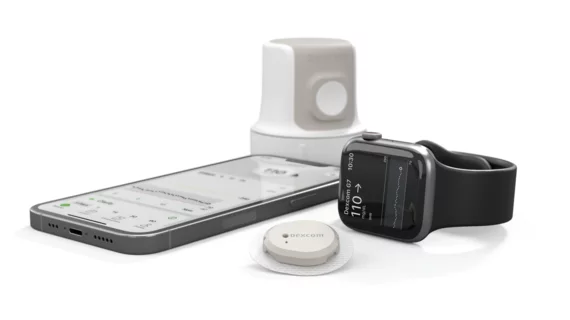December was another big month for the U.S. Food and Drug Administration (FDA). The agency announced new recalls, changed indications for a popular device and warned physicians of supply chain issues that could make a significant impact on patient care.
Those news items are just the beginning, however. Here is a review of some other big FDA-related stories that have hit cardiology since the last Regulatory Roundup was published on Nov. 30:
1. FDA panel votes that benefits of omecamtiv mecarbil do not outweigh its risks for HFrEF patients
The FDA’s Cardiovascular and Renal Drugs Advisory Committee (CRDAC) has ruled that the benefits of omecamtiv mecarbil do not outweigh its risks for the treatment of heart failure with reduced ejection fraction (HFrEF). The 8-3 vote was announced by Cytokinetics, the biopharmaceutical company behind omecamtiv mecarbil.
“We are disappointed there was not a greater consensus amongst committee members relating to the benefit-risk of omecamtiv mecarbil, and we maintain our conviction in the strength of evidence supporting its potential benefit for patients suffering from HFrEF,” Robert I. Blum, president and CEO of Cytokinetics, said in a prepared statement. “We continue to believe omecamtiv mecarbil can be a valuable add-on therapy for patients with worsening heart failure who remain at high risk for heart failure events and hospitalization despite treatment with available guideline-directed medical therapy.”
Blum also emphasized that the company will “engage constructively” with the FDA as it finalizes its decision.
The FDA typically follows the CRDAC’s recommendations with its final rulings—but the agency is not required to do so.
2. FDA clears a new continuous glucose monitoring system for patients with all types of diabetes
Dexcom, a San Diego-based healthcare technology company focused on diabetes, gained clearance from the FDA for its latest continuous glucose monitoring system.
The Dexcom G7 Continuous Glucose Monitoring System, a next-generation device for patients two years old and older, was developed to treat patients with type 1 diabetes and type 2 diabetes. It can be connected to wearable devices such as the Apple Watch and communicate back and forth with a variety of digital health apps.
“For more than a decade, we’ve pioneered generation after generation of sensing technology that consistently delivers improved accuracy, reliability and a simpler user experience, giving people greater control of their diabetes,” Kevin Sayer, chairman, president and CEO of Dexcom, said in a prepared statement. “When we set out to design G7, our goal was simple: to make the most powerful, easy-to-use CGM available for people with diabetes, whether they have type 1 or type 2. G7 delivers squarely on that promise.”
The G7 was designed specifically to be 60% smaller than previous models and only requires 30 minutes to warm up. Its alert settings were also updated to improve discretion.
3. FDA approves version of Impella ECP Heart Pump to be used in pivotal trial
The FDA has approved the latest version of Abiomed’s Impella ECP heart pump ahead of a single-arm, multi-center trial focused on the device’s safety and effectiveness. In addition, the first two patients have already been enrolled in that trial; they underwent percutaneous coronary intervention (PCI) at Ascension St. John Hospital in Detroit.
“The research and clinical teams at Ascension St. John are delighted about enrolling the first patients in the Impella ECP FDA Pivotal Trial,” Amir Kaki, MD, director of mechanical circulatory support at Ascension St. John Hospital, said in a prepared statement. “Impella ECP advances the opportunity for physicians to provide critical hemodynamic support during high-risk PCI procedures by delivering similar or higher flow compared to other options through a smaller vascular sheath for access. This technology has the potential to improve patient safety and cath lab throughput because of the smaller arteriotomy required for pump placement.”
“Impella ECP demonstrates Abiomed’s leadership in technology and innovation as we have broken the small-bore barrier through the development of the world’s smallest heart pump,” added Mike Minogue, chairman, president and CEO of Abiomed. “At Abiomed, we remain committed to developing smaller, smarter and more connected technologies that will improve outcomes for patients with heart disease. I applaud the teams within the medical community and at Abiomed who helped us achieve this milestone.”
The Impella ECP heart pump is compatible with both small-bore access and closure techniques. The device, billed as “the world’s smallest heart pump” by Abiomed, received the agency’s breakthrough device designation back in August 2021.

